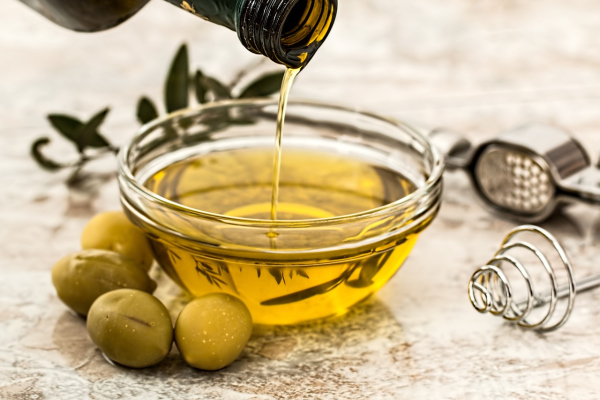 |
The Finest Harvest in Every Bottle:PDO/DOP Certified Extra Virgin Olive Oils |
 |
The Finest Harvest in Every Bottle:PDO/DOP Certified Extra Virgin Olive Oils |

How to Identify Authentic Extra Virgin Olive OilUnderstanding AuthenticityWith the growing popularity of extra virgin olive oil (EVOO), the market has seen an influx of counterfeit products. Understanding the markers of authenticity can help you make informed purchasing decisions. Check for CertificationsAuthentic EVOO often comes with certifications such as PDO (Protected Designation of Origin) or PGI (Protected Geographical Indication). These labels ensure the oil meets specific quality and origin standards. Certifications from reputable organizations like the International Olive Council (IOC) or local agricultural bodies can also indicate authenticity and high quality. Examine the LabelLook for detailed information on the label, including the harvest date, producer's name, and origin of the olives. Authentic products typically provide comprehensive details about their production process. The label should also mention that the oil is "extra virgin," as this is the highest grade of olive oil, indicating it is made from pure, cold-pressed olives without chemical processing. Conduct a Taste TestAuthentic EVOO has a distinct flavor profile characterized by a balance of fruitiness, bitterness, and pepperiness. Conducting a taste test can help identify the quality of the oil. Pour a small amount into a glass, swirl it, and take a sniff. High-quality EVOO should have a fresh, grassy aroma. Take a sip and let the oil coat your palate. Authentic EVOO will have a complex flavor with a pleasant peppery finish. Check for FreshnessFreshness is key to the quality of EVOO. Look for a harvest date on the label and choose oils that are less than 18 months old. Avoid oils with unclear or missing harvest dates. Fresh EVOO will have a vibrant flavor and aroma, while older oils may taste flat or rancid. Expert TipsOlive oil expert Maria Santorini advises, "Always buy EVOO from reputable sources and check for certifications and detailed labeling to ensure authenticity. Conducting a taste test can also help you identify high-quality oils." Avoid Common PitfallsHere are some common pitfalls to avoid when purchasing EVOO:
For more insights on selecting high-quality EVOO, read our Buyer’s Guide. Learn about the different grades of olive oil in Olive Oil Grades Explained and explore the health benefits in Health Benefits of Extra Virgin Olive Oil. |
Disclaimer: Some articles on this site mention various health benefits of extra virgin olive oils. Some of the benefits have been researched and some are from individual's personal experiences. In any case, these articles are not intended to act as a medical reference. If you are using, or are considering using olive oil for specific health related issues, you are advised to speak with your health care provider for advice pertaining to your situation. These articles are for educational purposes only.